TRANSFORM YOUR TEAM'S SEASON WITH PROFESSIONALLY PLANNED SESSIONS
Use our expert plans or build your own using our library of over 700+ drills, and easy-to-use tools.
JOIN NOWWe have a large squad and need a transparent way to assess our players to justify the team selection - does anyone know of, or use an assessment tool to assess skills in this age group?
Hi Fiona
Its great news that you have such a large squad! I am not sure why you need to assess players of this age though?
Why not have more than one team? Play against each other if no fixtures are on?
The main thing is to encourage all your players to keep coming to training and if you create an elite squad of team players I suspect the others will leave.
Use lots of games at training and that will keep up the fun element.
Congratulations though on getting so many players together!
Simon
i have a large squad too but you must remember that you will have different skill levels within in that squad so it is important to play games in training and mix your better players with you lesser skilled players so thay dont feel as they are just there to make up the numbers . you can also apply to rfu for a skills assesment pack which carries a certificate for all children but at this age fun should be the main element to training and the winning side comes second
I agree with what's been said already. Don't forget also that children grow and develop at different rates. Last season's player of the year may be next year's weak link and so all players must be encouraged and treated equally as you may be alienating your future stars.
We too have a large squad of under 10's (66). We have created 3 teams each of mixed ability and had them play each other. You will soon see where you need to even up the teams as will the kids. Emphasis was on fun, playing games and we made it clear to everybody that we wanted the teams to be of equal ability and that we were not seeding. The kids accept that when moved from one team to another that its an equalisation process and not a promotion/demotion.
Thanks for all your replies - we are going to go ahead and try to divide into teams of mixed ability rather than the A and B/1st and 2nd team structure which, as you have said, should be more inclusive. Its a great problem to have, but trying to make sure everyone gets their opportunity to play is no small task.
We had exactly the same problem with our U9's. As already suggested we split into 2 evenly matched squads, called them Hurracanes and Spitfires, and when we have had a run of fixtures week after week, we have split it so that when the Spitfires are playing the Hurracanes are training. We have found that as a consequence the skill level in the group has gone up - they are still playing stacks of games in training, and every other week they play against other clubs. It was also important to inform parents of the plan in the initial stages as the squads not only had to be split in ability, but logistics ie who lift shares with who etc. Sounds a nightmare, the reality has been fine and both squads get plenty of opportunity to play against each other and train together as well.
There are benefits to running A and B squads. Of course you have to work hard to make sure the Bs don't feel like second class citizens. They must get as many games as the A's. They must never be used as cannon-fodder for the A's to hammer in training games. They must be found fixtures appropriate to their skill level.
The benefits are that in the B's some of the less able will be able to step up and play a central role in a way they would find harder while being eclipesed by better players in a mixed squad. Likewise, some of the A's will realise that actualy, there are others just as big/fast/skillful and they will have to work hard if they want to stand out.
Naturally, we just want as many players as possible to just enjoy playing as much as possible. It is always more fun and more rewarding to be playing with others of approximately your own ability. I believe selecting A and B squads and playing against other A and B squads is the best way of achieving this.
Fiona
I had a similar issue with a large influx of players this year. I created a spreadsheet to analyse each player's ability based on 3 areas:
It was a good way of splitting the players into 2 teams - one team had 'better' more able players, and the other team is our development squad.
The parents were all fine with how we split the kids up because they could see we did it transparently and it was in the interests of the players. We have now had these teams in place for the past 3 months and are just about to rearrange them slightly to swap players between the teams.
You can download this spreadsheet here:
1. Player Assessment Spreadsheet format (xls)
2. Player Assessment PDF format (for easy printing).
Notes on the spreadsheet: You put each player's name in the column and then assess them on the skills along the top (5=good, 1=needs improvement). This then gives each player a number on the right that can be used to rank them in order.
The nice thing is that this sheet gives weight to a player's score who might not be the best skilled player but if they listen, hustle and work hard you can reward them with a better score - I would rather have a load of less skilled players who work hard then a bunch of players that are more skillful but don't work hard.
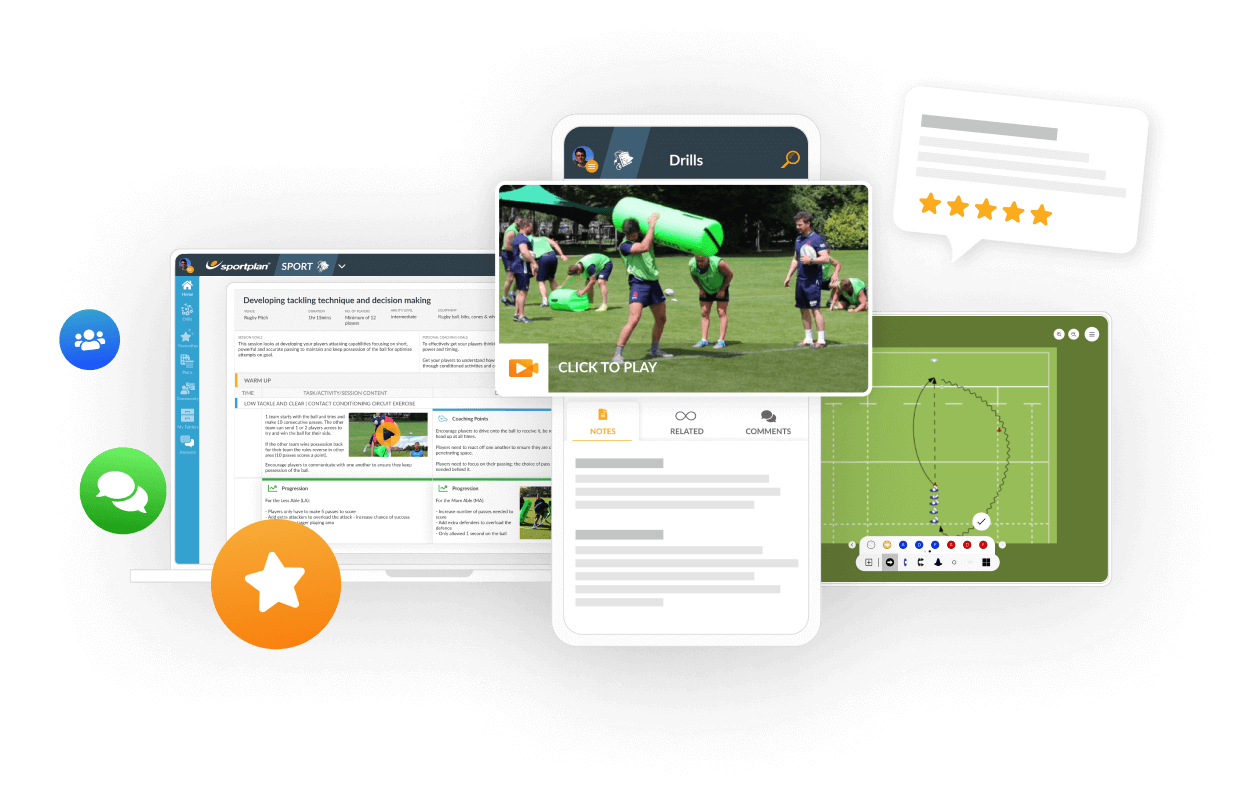
in more ways than one
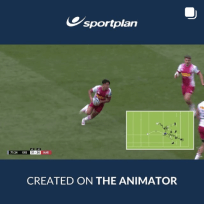
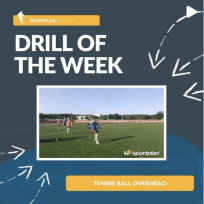
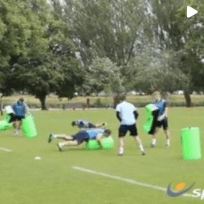
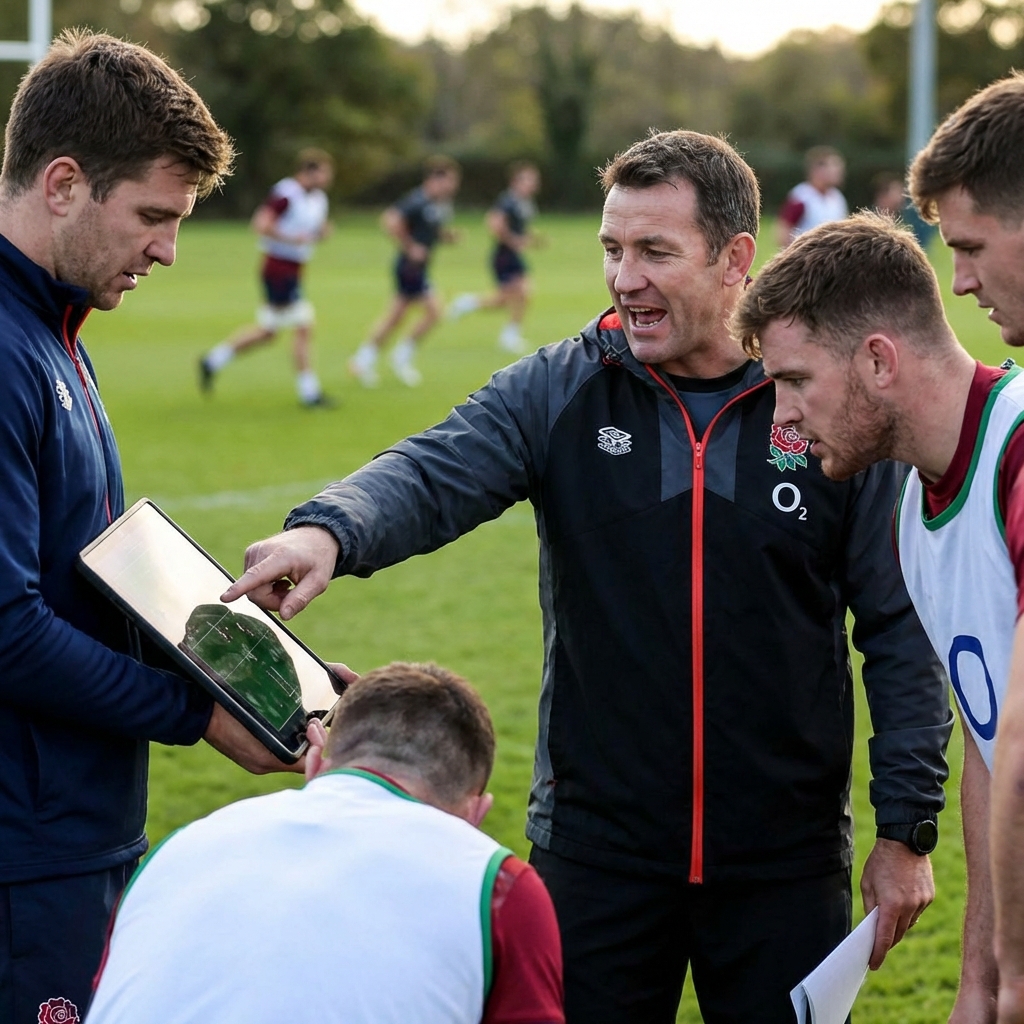
From France's collision dominance to England's folding defence - what grassroots coaches can learn from the 2026 Six Nations.
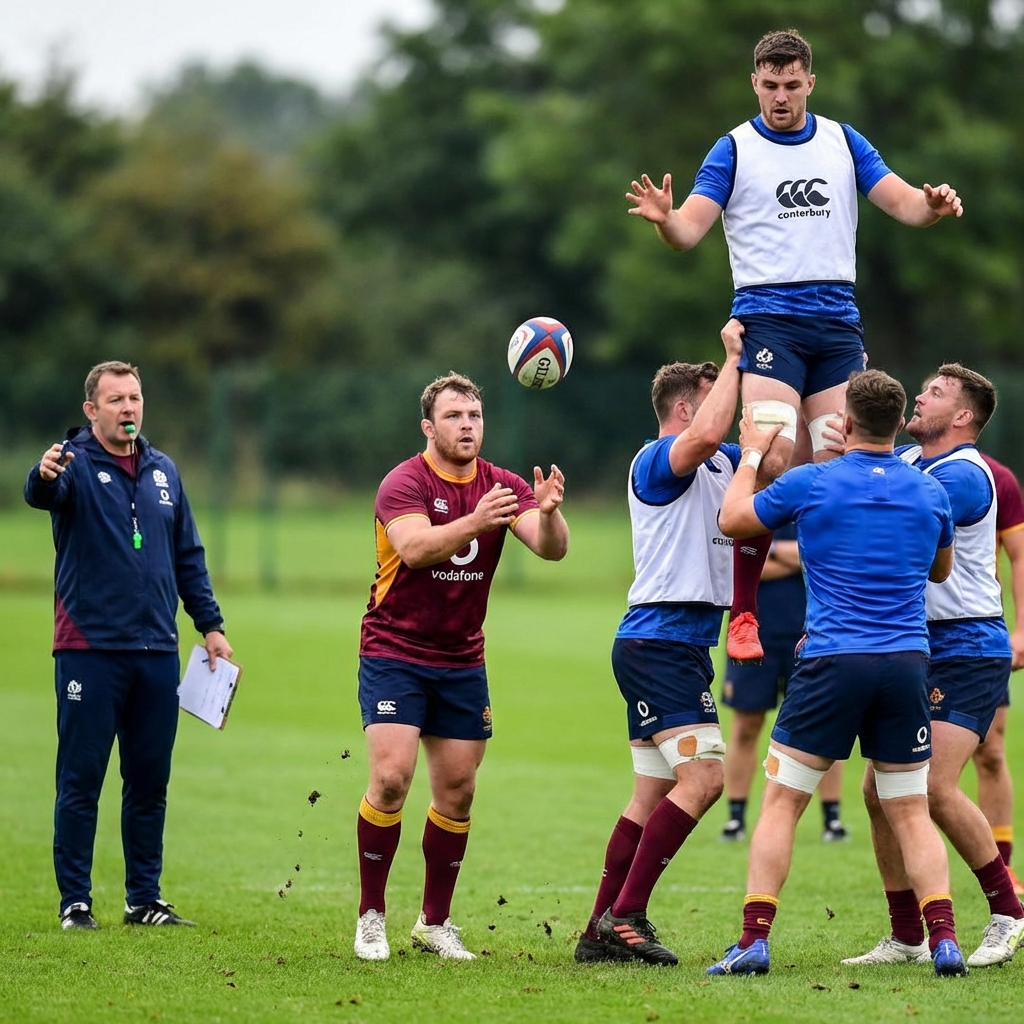
The removal of "not-straight" on uncontested lineouts transforms your set-piece options. Here's how to exploit the new rule.
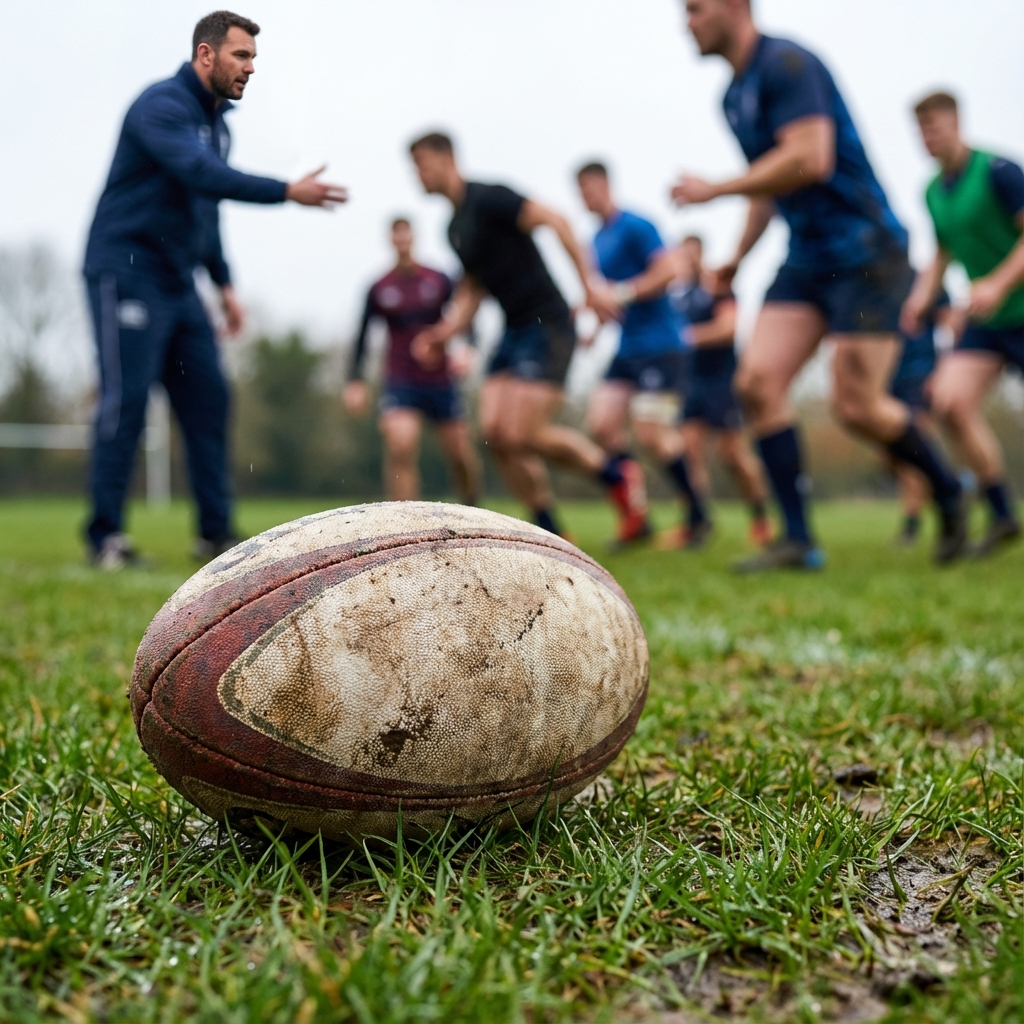
2026 brings revolutionary changes to international rugby: a brand new global tournament, historic tours, and law changes that will reshape the game. Here's everything coaches need to know.
Use our expert plans or build your own using our library of over 700+ drills, and easy-to-use tools.
JOIN NOW